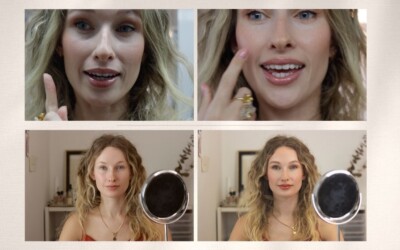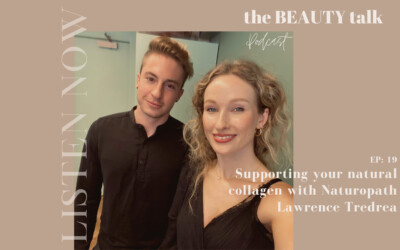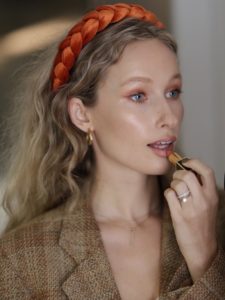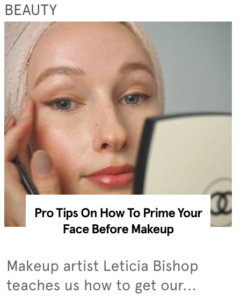Yes! There is a role for alcohol in skincare! Alcohols are actually a wide range of chemicals, and not all are equal when it comes to skincare… and we don’t need to avoid all of them. Certain alcohols are found in nature and inside the human body. Quite frankly finding a product ingredient list without it can be challenging!
There are many myths surrounding alcohols and skin care.. Most of them bad. For example: it “speeds up the process of ageing” ‘destroys skin structure.”.
So how do we know which are good and which are bad?, Firstly it’s important to understand there are two categories of alcohol. Low molecular weight, or ethanol elcohols, are the ones you think of mostly as ‘bad’… we will get to those in a minute. Second is large molecular weight, or fatty alcohols, these are moisturising and never need to be avoided.
Low Molecular Weight Alcohol
Common low molecular weight alcohols include are Isopropyl Alcohol, Ethanol, SD Alcohol and alcohol denaturant. hese evaporate quickly, and are added to skincare formulas for many valid reasons.
Low molecular weight alcohol helps to breakdown the waxy lipid barrier that is naturally present on our skin; this helps the penetration of active ingredients. Also it can be excellent for people with oily complexions wanting a product to help their skin feel less greasy.
Ethanol type alcohols are a useful solvent in skincare formulations, helping ingredients that don’t dissolve in water, for example, most fragrances have an ethanol base, allowing the fragrance oils to dissolve into the formula creating the perfume.
Sunscreens are another product where you will often find these low molecular alcohols; this is to make the product spread quickly, feel cooling, help set and dry down faster.
So when is it a good idea to avoid low molecular alcohols? , I would advise against using products where the alcohol is at a very high concentration / high up the ingredient list. . Also, if you are working with a weakened skin barrier I would keep away – you need very basic and gentle products, until you get the skin health back. I would totally recommend Curél for this, read here.
Large Molecular Weight Alcohols
Fatty alcohols, or large molecular weight alcohols, include alcohols such as: Cetyl, Stearyl, Cetearyl. These don’t evaporate, they are waxy in nature and give a luxurious feeling to products, as well as acting as a thickener.
They are often used in products to help with the formulation or texture – they help hold solids and liquids together. , Without them a lot of products would easily separate into solid and liquid parts. Additionally they are beneficial to the skin, they act as an emollient that protects your skin, helping it keep moisture in.
Thoughts on safety: if you are still concerned about the need and safety of Ethanol Alcohols, I would highly recommend watching Lab Muffins fantastic video. she has a PhD in chemistry and goes into far more depth and detail than I can.
She discusses a study that was done on, nurses constantly washing their hands and using sanitizers with 70% Alcohol and coming to the conclusion that the small amount we use in facial skincare around 5% will be ok, as it’s formulated with other skin-loving ingredients.







